Peacock prequel series The Continental: From the World of John Wick has been met with some pretty dismal reviews, sitting at a “rotten” score of 49 percent on Rotten Tomatoes. The collective sentiment from critics is that the series fails at (aside from the impossible task of making Mel Gibson likable), is re-capturing the magic of the four John Wick movies, all of which have been acclaimed by both reviewers and moviegoers.
Set in 1970s New York City, The Continental chronicles the early career of Winston Scott, future proprietor of The Continental Hotel and mentor to John Wick in the movies. While the series serves as an origin story for the criminal underworld Wick operated within and features some of Wick’s most famous friends, the prequel proves that familiarity does not necessarily invoke the same response in viewers as it may have previously.
While technically getting a nod in the full title of the series, John Wick himself does not make an appearance in The Continental. The show’s attempt at worldbuilding certainly sets the stage for the stoic hitman’s career that he retired from, before being dragged back in at the beginning of the first John Wick movie, so it’s not that the setting is too far removed from anything seen before.
John Wick: Chapter 4, the most successful John Wick movie (both critically and financially), ended with the surprise – and seemingly permanent – death of its titular character. Its post-credits sequence teased a new adventure with young concierge Akira, ready to take on Caine to avenge her father’s murder depicted in the film. With a fifth John Wick movie in the works, it seems that the franchise can survive without its stoic antihero at the center, and viewers may be willing to come along for the ride. Yet still, The Continental seems to lack something essential, other than the “Internet’s Boyfriend,” Keanu Reeves.
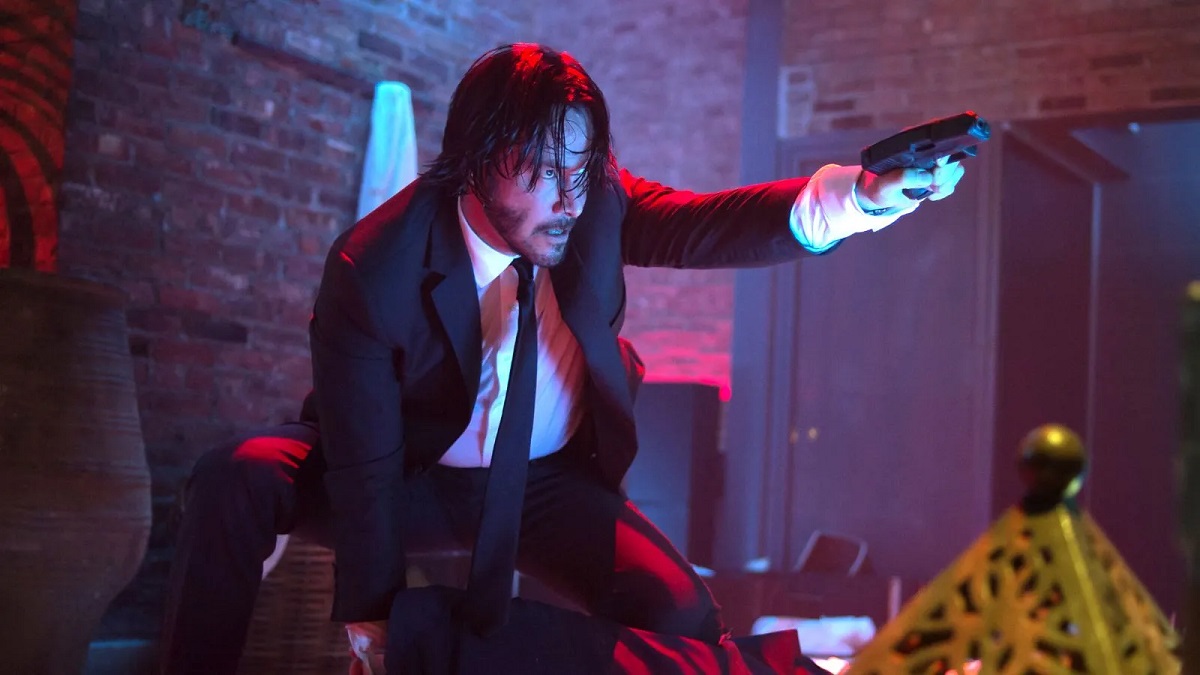
Derek Kolstad, the creator of the John Wick franchise, has no formal involvement in The Continental, aside from a “characters created by” credit in the new series. Kolstad penned the script for the first film, originally titled Scorn, convincing Keanu Reeves to board the project, with Reeves suggesting that Kolstad change the name to that of Kolstad’s maternal grandfather, John Wick.
In turn, Reeves sent the script to Chad Stahelski, a stuntman and martial arts coordinator with whom Reeves had worked for six different projects prior to John Wick, most notably The Matrix trilogy. Stahelski agreed, co-directing the first film with David Leitch (later director of Atomic Blonde and Bullet Train), and working as a solo director on the next three films. Having built such a rapport with Reeves across various features in different disciplines, Stahelski’s ability to showcase and choreograph fight scenes for the film was tailor-made to Reeves’ physical talents which he had honed over the past two decades.
John Wick, as described by IGN, “represented a renaissance and recontextualization of Reeves’ career,” helping move the actor’s reputation away from the memes (remember “Sad Keanu?”) and ridicule over his more minimalistic acting style. Rather, the 2014 movie highlighted his ability to sell movie star charisma and accomplishments in martial arts with an appearance of ease, without ego or self-congratulation expected of action stars.
John Wick’s journey of self-discovery in his middle age was the perfect vehicle for this change in public perception. As Kolstad noted in an interview with Pasadena Magazine, discussing the immediate acclaim for the first film, “I think it was more than the movie. It was all of his movies that came before it. It’s a love letter to Keanu.”

Kolstad departed from John Wick after three films, opting to write the screenplay for the new film Nobody (2021). The more comedic script cleverly utilizes lead actor Bob Odenkirk’s image as an unlikely action hero and a down-on-his-luck family man to create a more nuanced, comedic take on John Wick’s trope of an accomplished assassin deciding to come out of retirement.
While John Wick 4 may not have Kolstad supervising the script, the seemingly final era of Reeves’ character has three years and nearly a decade of worldbuilding to draw from. Kolstad’s previous work set up a strong environment that makes its boundaries clear, while providing enough of a playground to move in more unexpected directions, most notably in Wick’s death and post-credits set-up.
The issue with The Continental, throwing viewers back forty years into the past, is that even with a handful of familiar faces, the series feels too far removed from John Wick’s steady foundation, provided through Kolstad’s script-writing talents. As reviews have noted, even the attempts to replicate John Wick’s expertly choreographed fight sequences – albeit without the help of Stahelski – fall flat without the framework that keeps viewers invested in the action occurring on screen.

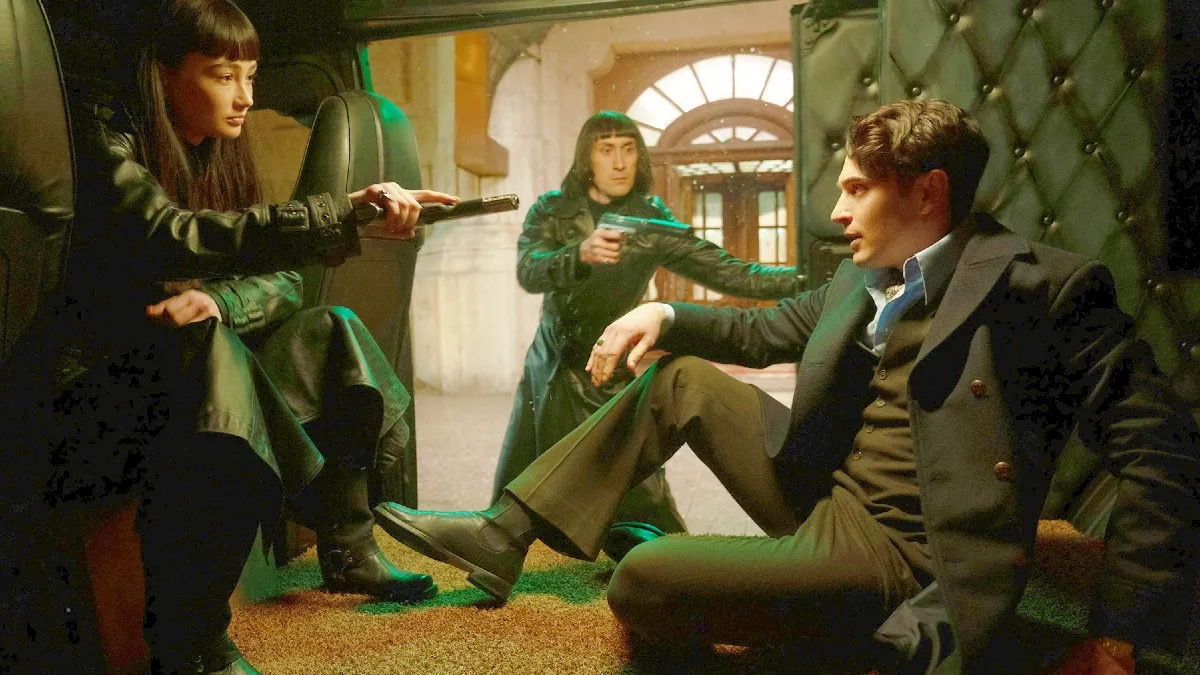
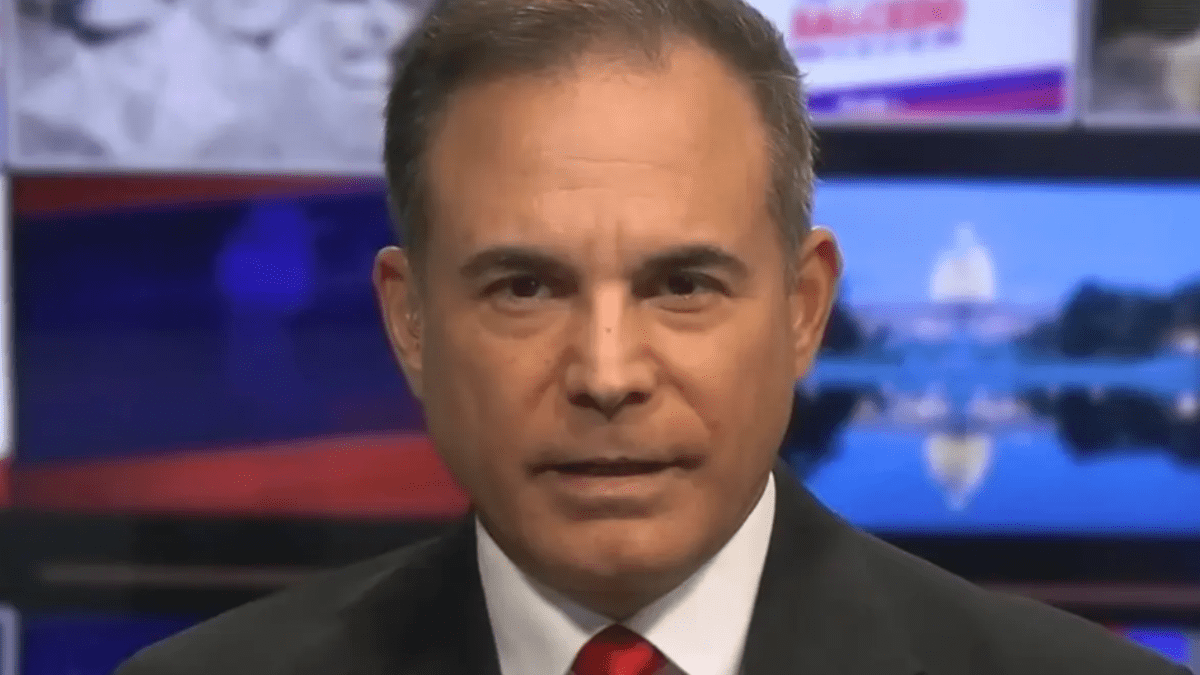


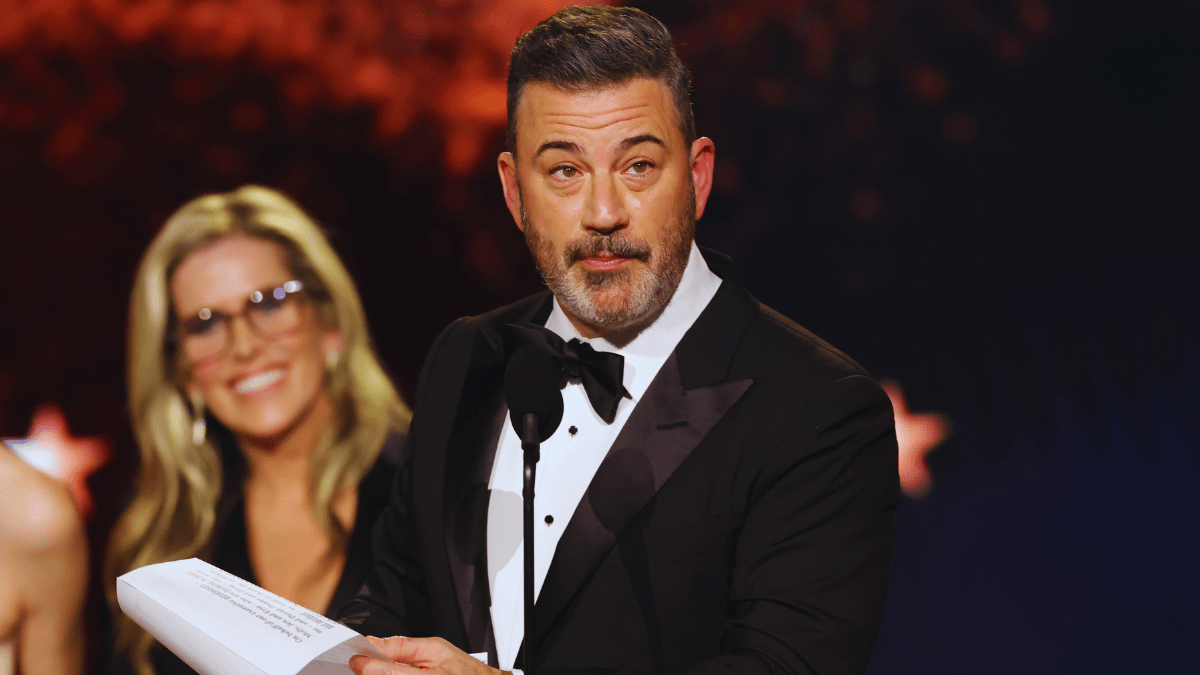



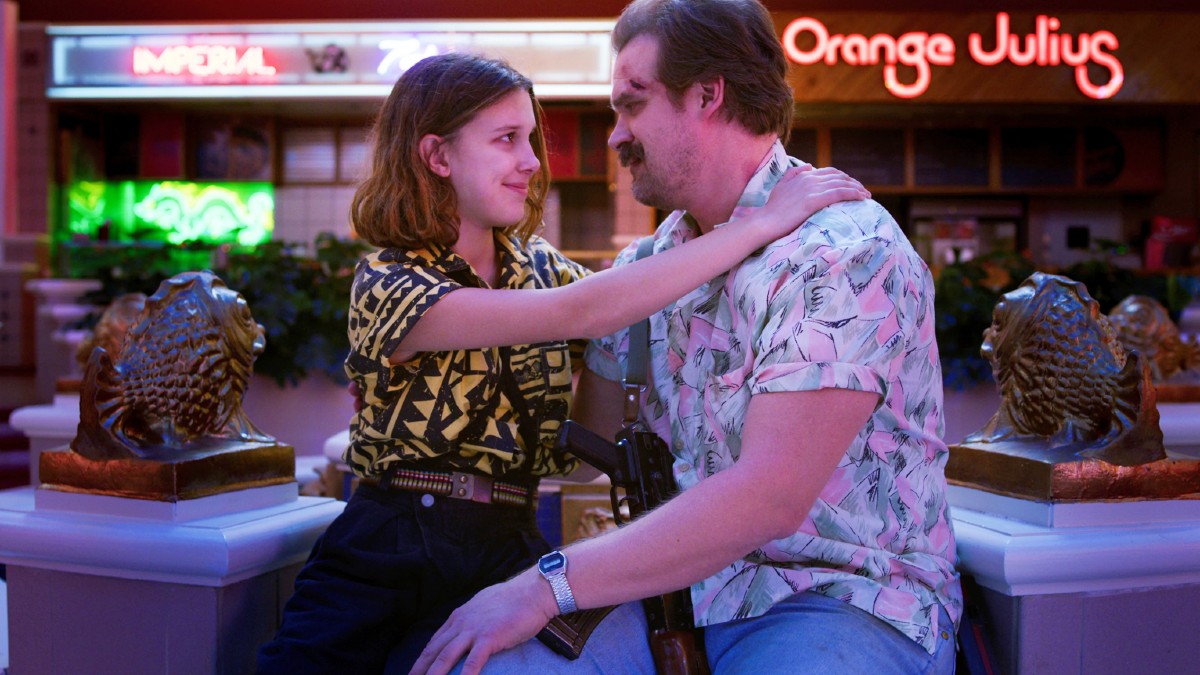

Published: Sep 25, 2023 06:28 pm